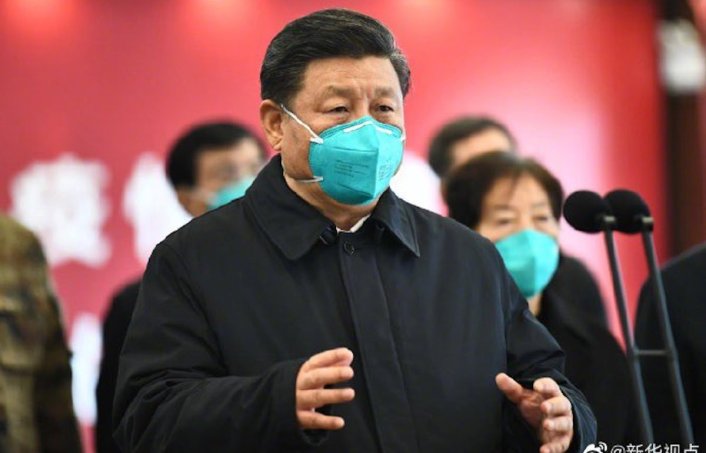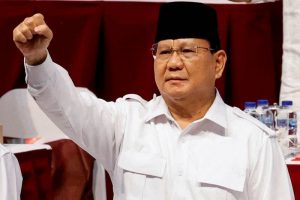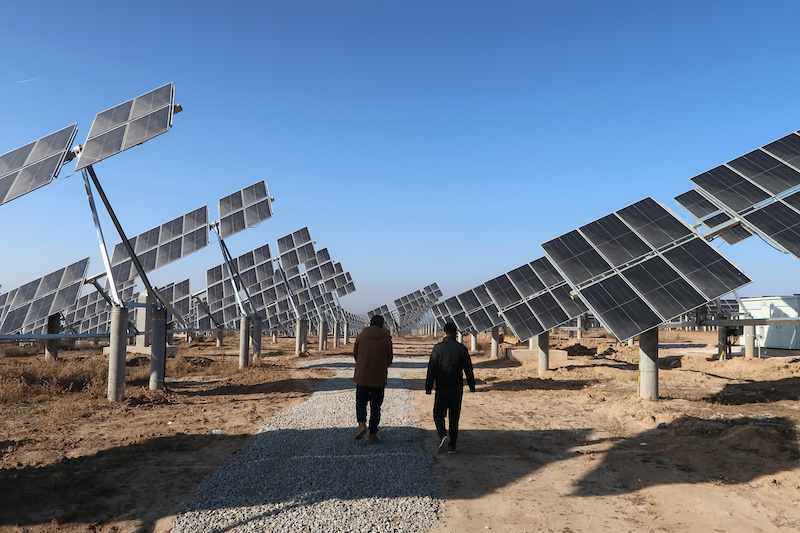(ATF) Xi Jinping has said China needs new approaches to overcoming recent global upheavals.
However, the Chinese president sought to reassert the primacy of the ruling Communist Party regime by stressing that the country’s authoritarian political structure strengthened its hand in a changed world.
Xi’s comments came as he outlined his thoughts on how the country’s next five-year development plan – which is due to be detailed later in the year – should be shaped.
READ MORE: China’s Xi warns ‘period of turbulent change’ as external risks rise
Xi said the main focus of the development blueprint – the 14th since the Peoples’ Republic of China (PRC) began the exercise in 1953, and the eighth since China began to reform and open up its economy – was the word “new”.
There would be new situations, new planning, a new pattern of development, international cooperation and new competitive advantages, he was reported by the Peoples Daily as saying at the party’s annual seaside retreat in Zhongnanhai.
Despite struggles behind the bamboo curtain, Xi has manipulated Chinas opaque power structure to ensure he remains leader for life, beyond the two terms that have become customary in recent times.
Before his ascent, different factions of the CCP had agreed a presidential term was 10 years, so as to not allow one faction to gain too much sway. But after a smooth series of successions Xi has broken the trend.
He remains General Secretary of the Central Committee of the Communist Party of China (CCP), President of the State and Chairman of the Central Military Commission and, according to the Financial Times, is seeking to reinstate the title Chairman, not used since the days of revolutionary leader Mao Zedong.
Xi’s grip on the country has extended even to ensuring children in kindergarten study his ideas his in the way Mao insisted his people be able to recite his thoughts on leadership.
READ MORE: China focused on home market amid tectonic offshoring shift
Like many other communist states past and present, China’s five-year plans play a key role in economic and social development, and allow researchers to look into the country’s future.
As a form of governance, such long-term planning can often prove an advantage over democracies, which sometimes see developments such as large-scale infrastructure schemes curtailed with changes of government.
“Using mid- and long-term planning to guide economic and social development is an important way for our party to govern the country,” Xi said at the symposium. Practice has proven that mid- and long-term development planning can give full play to the decisive role of the market in resource allocation, he said.
On the international situation, with change accelerated by the coronavirus epidemic Xi said: “Protectionism and unilateralism are on the rise, the world economy is down, and the global industrial supply chain is facing impact due to non-economic factors. International economy, technology, culture, and security – the patterns of politics are undergoing profound adjustments, and the world has entered a period of turbulent change.”
Xi pointed out China’s domestic weakness’ and strengths that the new plan will address.
Significant advantages
“China has significant institutional advantages, improved governance efficiency, long-term economic growth, strong material foundation, abundant human resources, broad market space, strong development resilience, overall social stability, and multiple advantages and conditions for continued development.
“China’s weaknesses are unbalanced and insufficient development is still prominent, innovation capabilities do not meet the requirements of high-quality development, agricultural foundations are not yet stable, urban and rural regional development and income distribution gaps are large, ecological environmental protection has a long way to go, people’s livelihood security has shortcomings, and in social governance there is also weaknesses,” he said.
Xi is buoyant about China’s financial situation.
“The ratio of current account surplus to GDP has dropped from 9.9% in 2007 to less than 1% now.”
He also pointed out there has been growth in domestic demand.
“It is a strategic choice to reshape my country’s new advantages in international co-operation and competition,” he added.
As previously reported by ATF, as the world economy is on a downturn, China is going to pivot to building domestic high-tech “smart” infrastructure, which Xi said would bring numerous challenges, such as taking advantage of China’s ultra-large-scale market and complete industrial system, accelerating the transformation of scientific and technological achievements into actual productivity, improving industrial supply chains and maintaining their safety.
“Reform is the key to liberating and developing social productive forces and the fundamental driving force for national development,” Xi said.
























